
High-precision measurement: it adopts advanced energy-saving inverter technology, with a measurement accuracy of up to 0.02% F.S., it supports high-precision current and voltage testing of ±0.05% of F.S., ensuring the accuracy and reliability of data.
Multi-range design: supports customization of multiple ranges, meeting the testing needs of different battery packs. It is suitable for small-current cell testing and high-current scenarios.
Intelligent communication function: equipped with SMBUS/I2C communication interfaces, it supports data recording and analysis, enabling seamless connection with PCs or other devices to improve testing efficiency and automation levels.
High efficiency and energy saving: integrating energy-saving inverter technology, it can save 30% energy consumption compared with traditional equipment, reducing users' operating costs while complying with environmental requirements.
Wide range of application fields:
- Electrochemical field: suitable for battery performance research in universities and research institutions.
- New energy field: provides safe and reliable detection support for new energy vehicles and the cascade utilization of power batteries.
- Consumer digital field: supports testing of 3C-type cells such as TWS headphones, mobile phones, and tablets.
*CT/CE: Battery charging-discharging test system. "E" indicates that this equipment is equipped with energy feedback function.
· High-efficiency energy conversion and feedback: the series adopts advanced four-quadrant energy feedback technology, which can efficiently convert the electrical energy generated during testing and feed it back to the power grid or system. This reduces energy waste, lowers testing costs, and significantly improves energy utilization.
· Fast dynamic response speed: the system features a high dynamic response speed with a response time ≤10ms, enabling it to quickly adapt to power changes during battery charging and discharging. This ensures the stability and efficiency of energy feedback.
· High-precision measurement and control: the system's voltage and current measurement accuracy reaches 0.02%F.S., and the data recording frequency is 100Hz. It can accurately capture minute changes in battery testing, providing a precise control basis for energy feedback.
· Multi-channel independent control: the system supports multi-channel independent control, allowing each channel to independently perform charging and discharging tests while achieving efficient energy feedback.
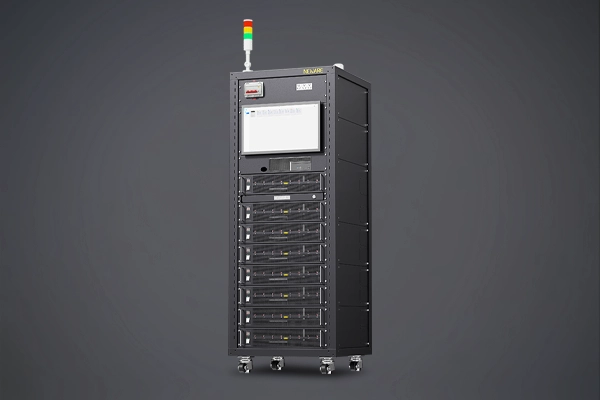
Voltage & Current Accuracy: ±0.02% F.S.
Recording Frequency: 100Hz
Resolution Ratio AD/DA: 16bit
Current Response Time: ≤30ms
Single-Cycle Operation Count: 255 cycles
Channel: 8
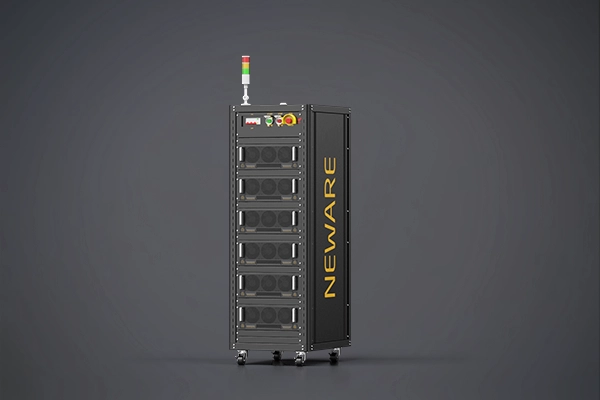
Voltage Accuracy: ±0.02% F.S.
Current Accuracy: ±0.05% F.S.
Resolution Ratio AD/DA: 16bit
Current Response Time: ≤1ms
Minimum Pulse Width: 100ms
Off-Line Test: 1GB/CH
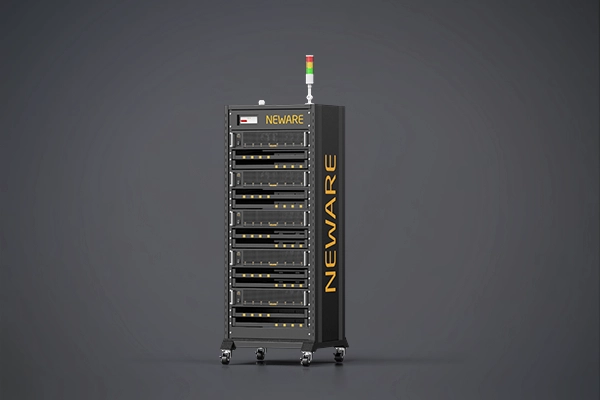
Voltage & Current Accuracy: ±0.02% F.S.
Recording Frequency: 100Hz
Resolution Ratio AD/DA: 16bit
Current Response Time: ≤20ms
Single-Cycle Operation Count: 255 cycles
Off-Line Test: 1GB/CH
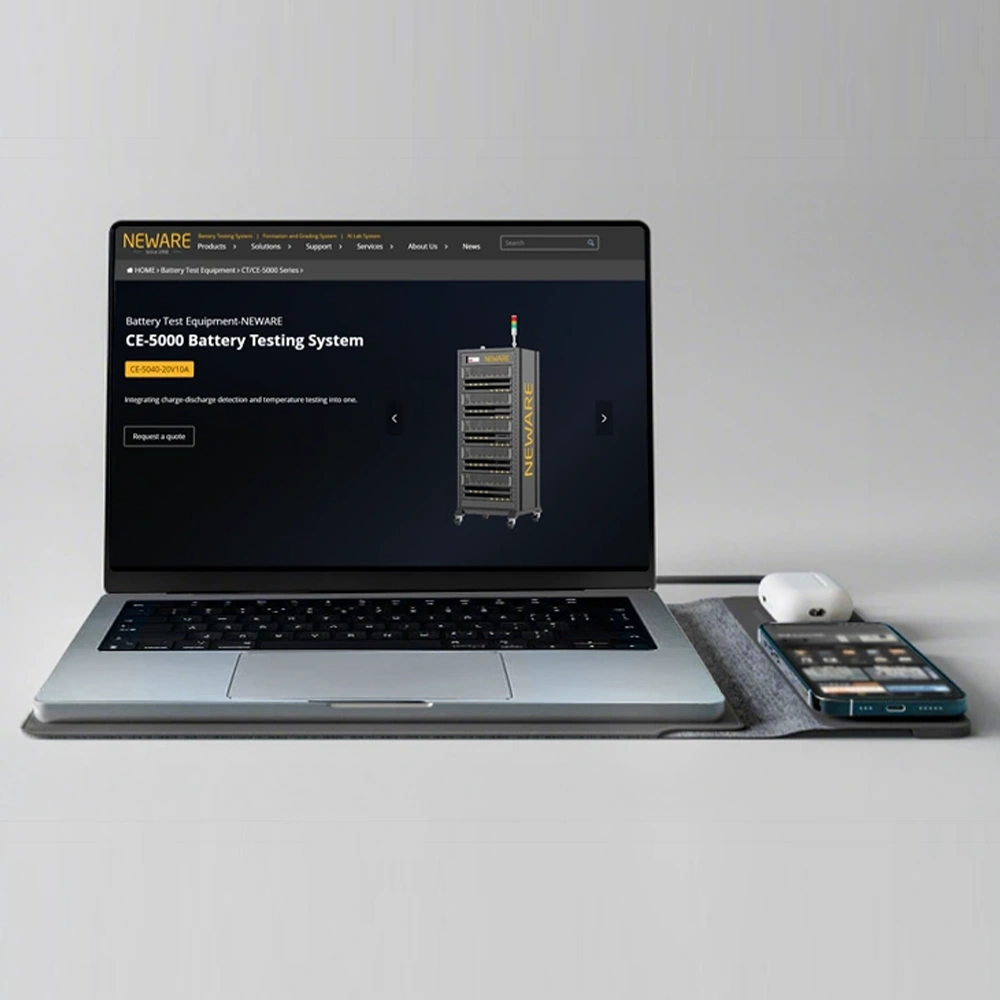
Current battery technology for laptops and tablets is moving towards higher energy density and fast charging, while focusing on improving battery safety and cycle life. Future trends point to the use of new materials such as solid-state electrolytes and the integration of smarter battery management systems to achieve longer life and better environmental resilience.
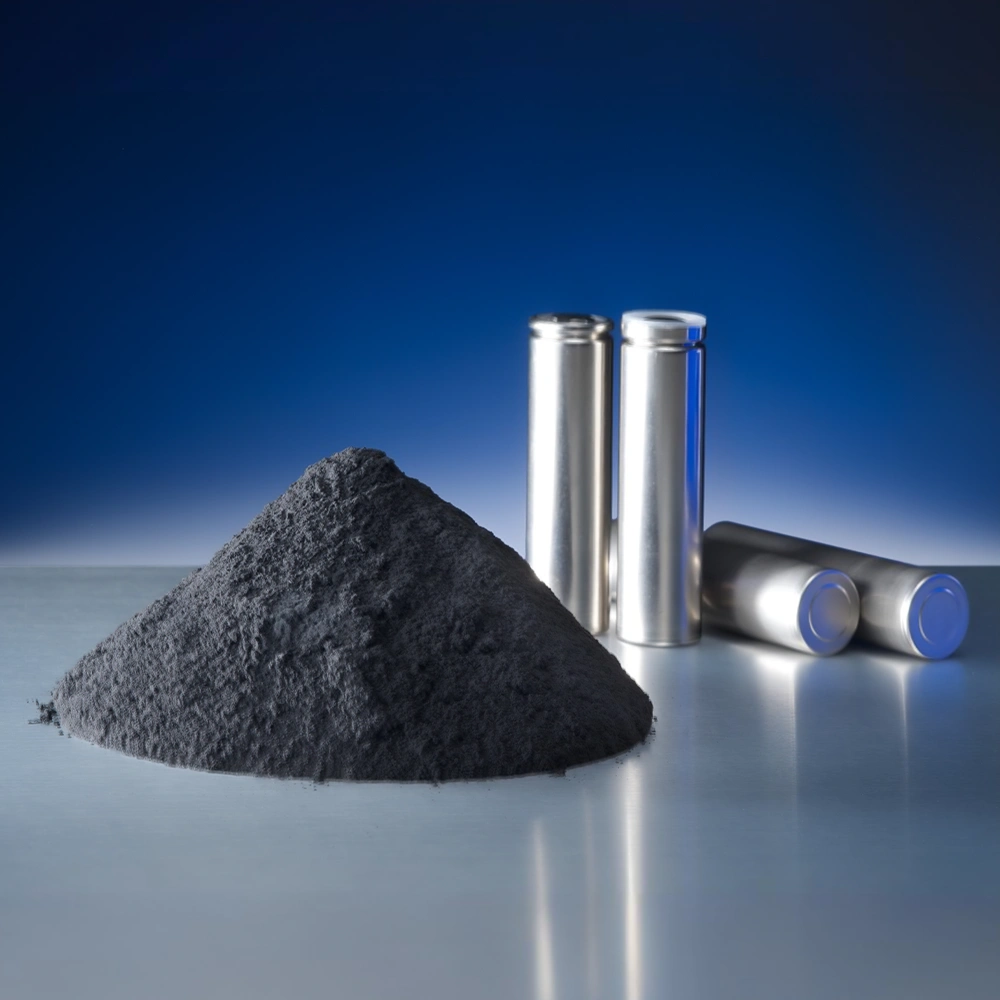
We specialize in battery preparation technology research, focusing on overcoming existing energy storage challenges by innovating in electrode materials, battery chemistry, and manufacturing processes to improve performance, enhance safety, and reduce costs. Sustainability and recycling technologies for batteries are also emphasized to mitigate environmental impacts and foster the growth of green energy.
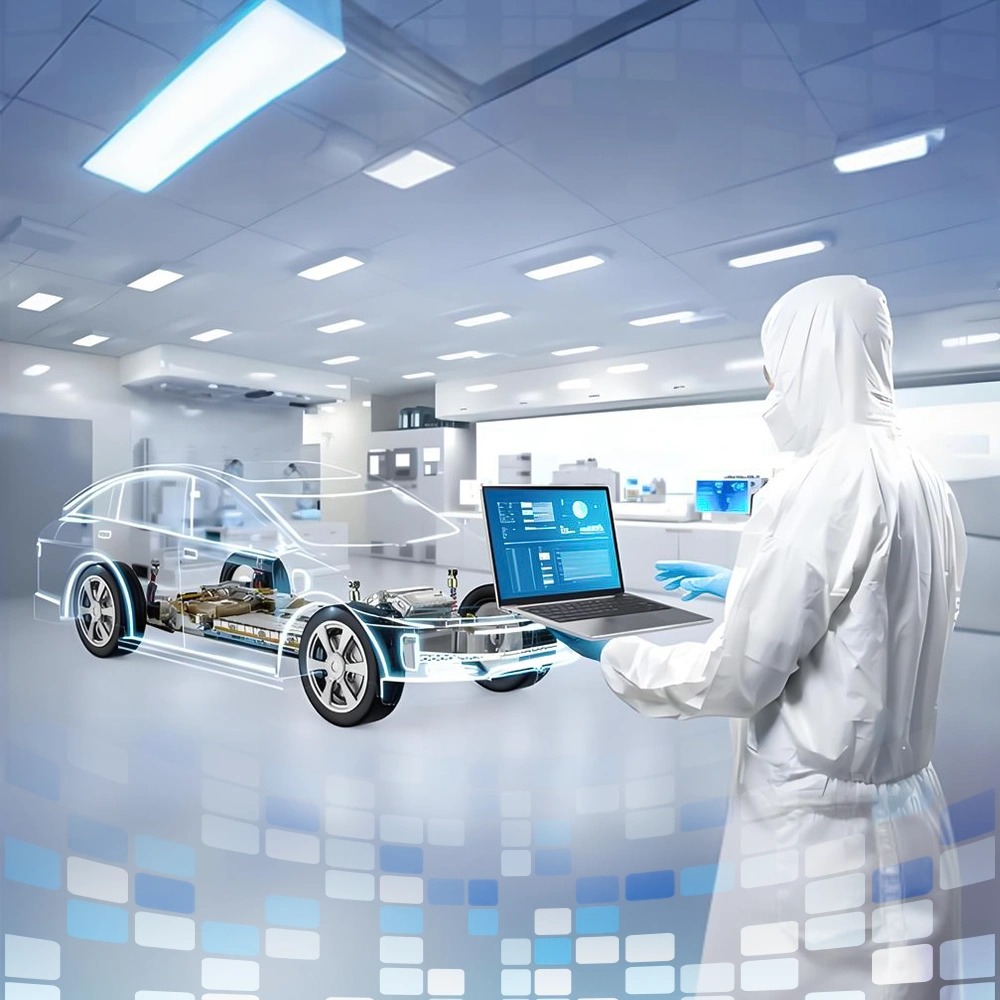
Power battery technology faces multiple challenges, including enhancing energy density, enabling fast charging, ensuring safety, and improving cost-effectiveness. Laboratory research focuses on addressing these issues in EV power batteries. Researchers explore advanced materials, intelligent management, and green recycling technologies to improve battery performance and ensure safety. These efforts promote environmental sustainability and aid the global energy transition.
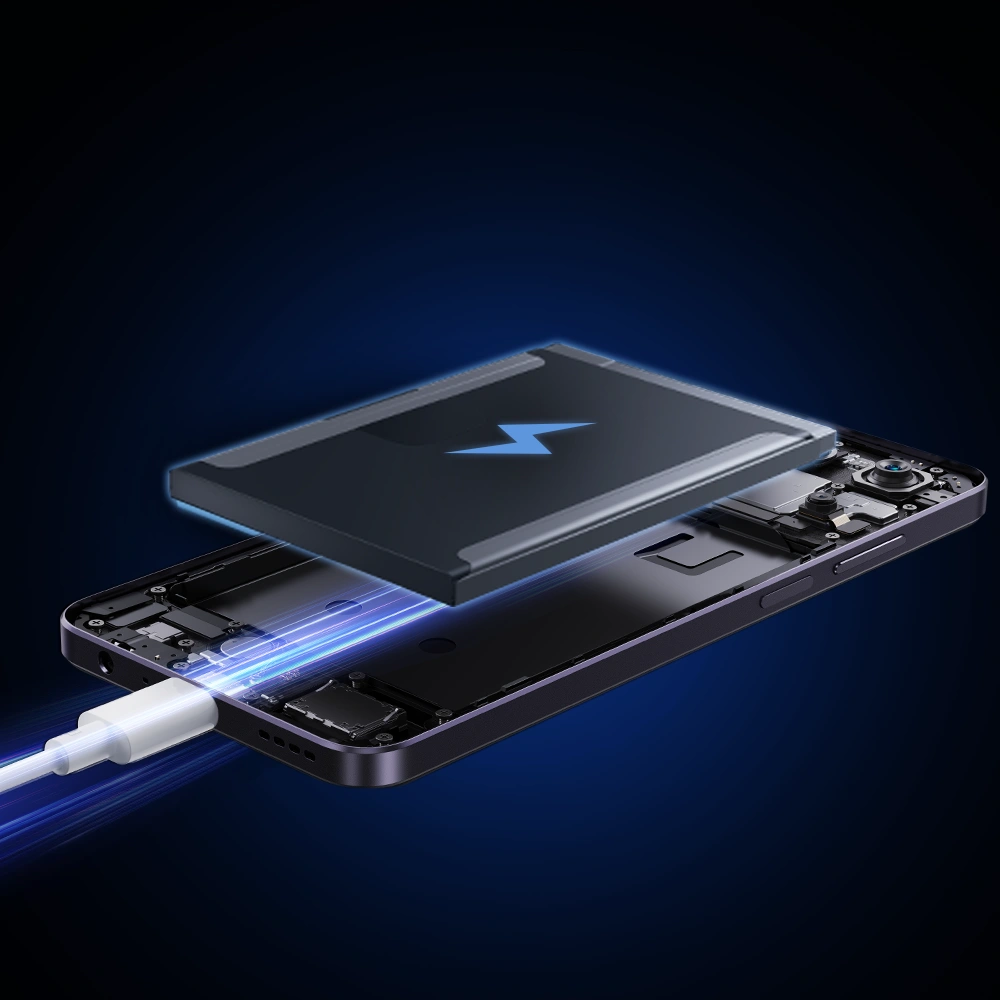
With the widespread use and increased frequency of cell phones, the endurance, safety, and lifespan of mobile phone batteries have become a focus of concern for both users and manufacturers. Cell phone batteries primarily use lithium-ion battery technology, but there are issues and challenges that drive the need for charge and discharge equipment to test cell phone batteries.
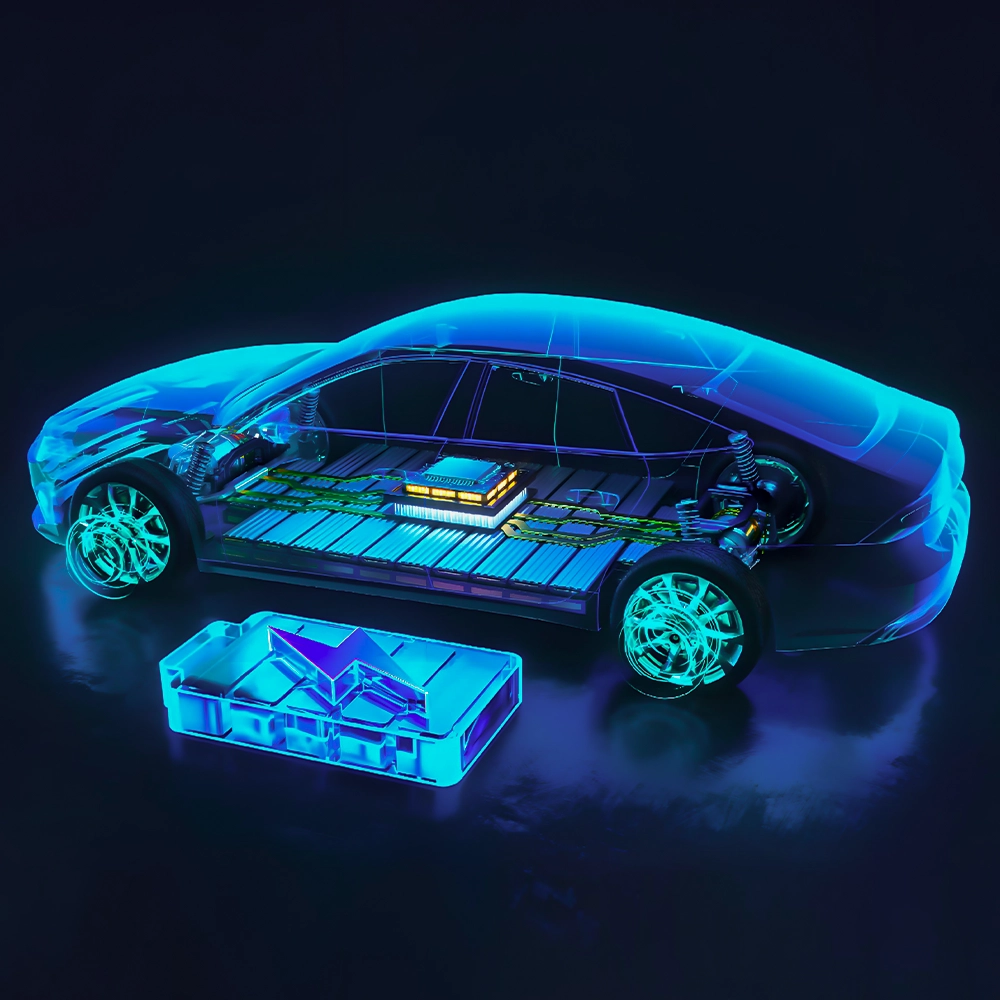
The electric vehicle battery industry is rapidly developing, focusing on technological innovation, market competition, and sustainability. Research hotspots include solid-state batteries, new types of electrolytes, BMS optimization, and recycling technologies. The environmental adaptability, safety, and economic viability of batteries are key research areas, and the industry is expected to undergo more innovation and transformation.
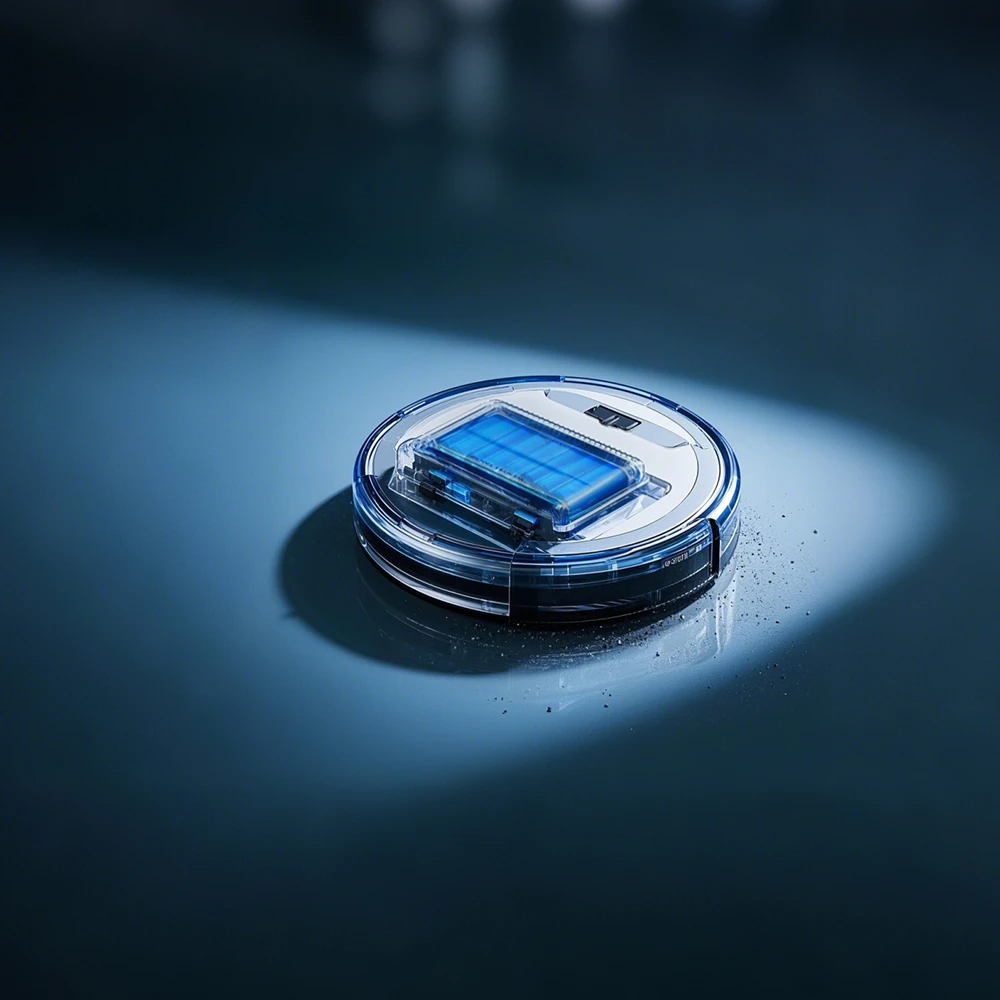
As robot vacuums become more integrated into daily family life, they offer convenience but also present certain challenges. Battery life and safety are key concerns in current usage and research. To enhance user experience, researchers are developing battery technologies that offer higher energy density, improved thermal stability, and extended service life.